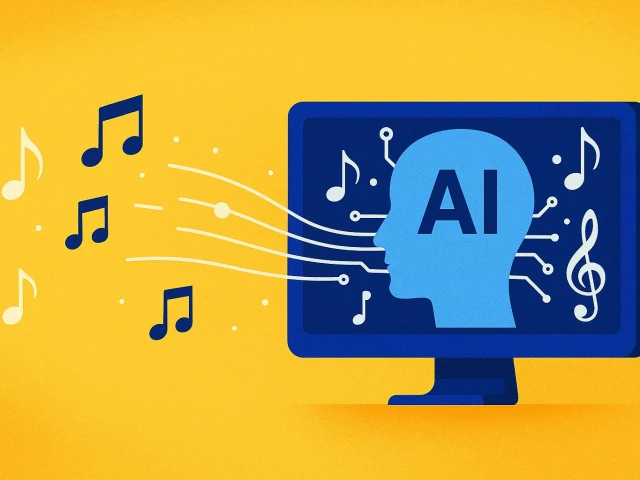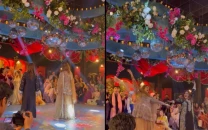Music giant strikes harmony with AI
UMG partners with Stability AI to develop artist-centred, rights-cleared creative tools

The Universal Music Group (UMG) and Stability AI have announced a strategic alliance to co-develop professional and commercially safe music-creation tools powered by generative artificial intelligence.
According to the joint announcement, the aim is to "centre artists in the development process" and to build "fully licensed, commercially safe AI music tools." At its heart, the alliance signals a shift in how music creation, rights management and technology will intersect.
The announcement states that UMG and Stability AI will work together to develop "next-generation professional music creation tools, powered by responsibly trained generative AI and built to support the creative process of artists, producers and songwriters globally."
UMG's Chief Digital Officer & Executive Vice-President, Michael Nash, said: "With AI... we start with what best supports our work to help them [artists] achieve creative and commercial success. ... We will only consider advancing AI tools... based on models that are trained responsibly."
Stability AI emphasises that its "Stable Audio" family of generative-audio models was "built specifically for professionals and trained exclusively on licensed data" to support music and sound generation.
Its CEO, Prem Akkaraju, said: "We put the artist at the centre and build AI around their unique needs because real transformation has always come from a combination of art and science." Under the alliance, the research and product teams of Stability AI will work closely with UMG and its artists to "explore new recording and composition concepts, gather insights into artists' needs, and better understand how artists adopt and engage with these technologies."
By "centering artists in the development process," the collaboration intends to ensure that the creative community's feedback guides tool design and supports both artists and rightsholders. UMG further states that in recent years it "has been at the forefront of AI innovation within the music industry while actively fighting to protect artists, songwriters and rightsholders from unlicensed training and copyright infringement."
For artists and the industry, this alliance carries potentially significant implications. By working on tools within a rights-cleared and artist-centred framework, the partners aim to reduce risks linked to unlicensed AI training and output — which have been a concern as generative AI becomes more prevalent in music.
Nevertheless, the announcement itself does not provide details such as product launch timelines, pricing models, or exclusivity terms. The intention is clearly stated, but many operational specifics remain unspecified.
Key questions moving forward include: how "commercially safe" will be defined in practice; what kinds of attribution and compensation mechanisms will apply when AI-generated music is involved; and how artists will maintain control over their sound and identity when tools can emulate or generate musical content.
Another vital dimension is adoption. Even though Stability AI describes its models as "professional-grade," some creators may embrace such tools rapidly while others may remain cautious or prefer traditional workflows. The announcement notes that the alliance intends to study how artists "adopt and engage with these technologies."
Commercially, the alliance may open new revenue opportunities — for artists, UMG and Stability AI — by enabling creators to access accessible tools backed by licensing frameworks. It also underscores the evolving role of major music companies: less simply as distributors, more as technology partners shaping how music is created and monetised.
While the announcement is comprehensive in ambition, the absence of detailed implementation information is notable. Until concrete systems and contractual terms are revealed, many of the benefits remain projected rather than realised. Also, company claims such as "trained exclusively on licensed data" should be attributed to the company rather than presented as independently verified fact.
Finally, the broader market context matters. Other reporting indicates that major music rights holders are negotiating AI-licensing deals with multiple companies, reflecting the wider industry pivot toward managing the intersection of AI and creative rights.
In summary, the UMG — Stability AI alliance — is a significant step in the convergence of music artistry and generative AI technology. It is built on a publicly stated effort to centre artists, clear licensing and responsible training. But its success will depend on how the promised safeguards, tools and revenue models are implemented. For artists, the potential is there — but the details must now follow.





















COMMENTS
Comments are moderated and generally will be posted if they are on-topic and not abusive.
For more information, please see our Comments FAQ